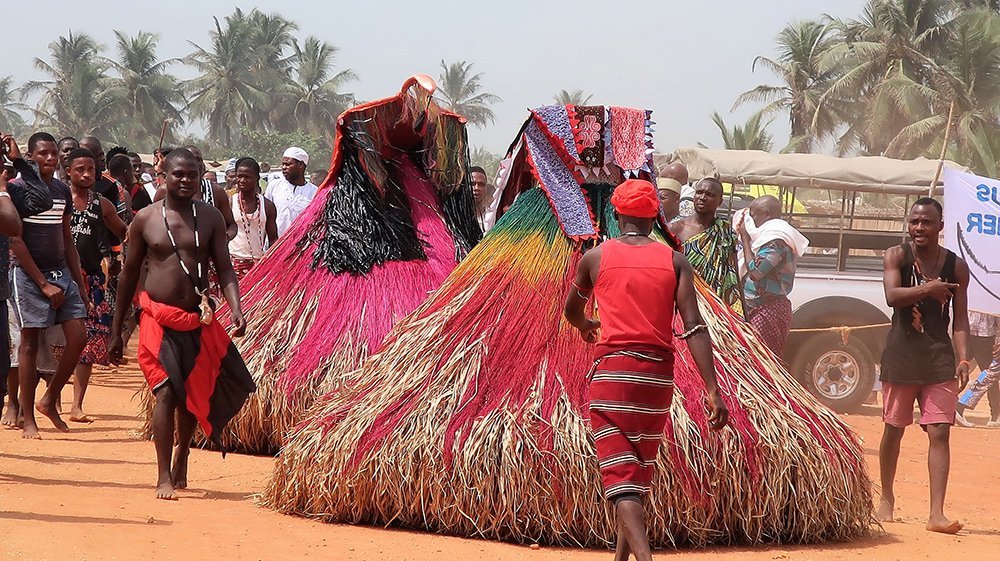wherearewegoing.net – Vodou, often spelled as Voodoo in the Western world, is a traditional spiritual practice deeply rooted in the cultural identity of Benin. Originating from West Africa, Vodou has evolved over centuries, blending indigenous beliefs with influences from other African traditions and, later, from the New World. This article explores the profound impact of Vodou on Benin’s cultural identity, its practices, and its significance in contemporary society.
Historical Background and Origins
Vodou is an ancient religion that predates the arrival of Islam and Christianity in Benin. Its origins can be traced back to the Fon people, one of the ethnic groups in Benin, who have practiced Vodou for centuries. The religion was spread through the transatlantic slave trade, leading to its adaptation and evolution in the Caribbean and the Americas.
Core Beliefs and Practices
Vodou is a complex spiritual system that involves the worship of deities known as Vodou loa or lwa. These spirits are intermediaries between the believers and a supreme creator. Vodou ceremonies often include music, dance, and ritual offerings to honor the lwa and seek their blessings. Practitioners believe that the lwa can influence various aspects of life, including health, prosperity, and protection.
Vodou and Cultural Identity
Vodou plays a crucial role in Benin’s cultural identity, serving as a unifying force among its diverse ethnic groups. It is not just a religion but a way of life that permeates social, economic, and political aspects of society. Vodou ceremonies and festivals, such as the Ouidah International Voodoo Festival, attract participants and tourists from around the world, showcasing Benin’s rich cultural heritage.
The Role of Vodou in Modern Benin
In contemporary Benin, Vodou continues to thrive alongside Christianity and Islam. The government officially recognizes Vodou as a national religion, and it enjoys a level of respect and acceptance that is unique in the African context. Vodou practitioners are often consulted for their wisdom and spiritual guidance, reflecting the religion’s enduring relevance in modern society.
Challenges and Misconceptions
Despite its cultural significance, Vodou faces misconceptions and stereotypes, largely due to its portrayal in Western media. These misrepresentations often depict Vodou as a form of black magic or sorcery, ignoring its deep spiritual and cultural value. Efforts are being made to educate both locals and foreigners about the true nature of Vodou and its role in Benin’s cultural identity.
Conclusion
Vodou is an integral part of Benin’s cultural identity, embodying the country’s rich history, spiritual beliefs, and social practices. Its enduring presence in contemporary society underscores the importance of understanding and respecting cultural diversity. As Benin continues to develop, Vodou remains a vital link to the nation’s past and a source of pride for its people.
